Interview with Abi aka Iron Mumma as she prepares for her first half Ironman distance, Port Macquarie, early May 2018. As well as documenting her training and journey, Abi is posting weekly interviews with people who inspire her. This is my story.
Interview with Iron Mumma
For those of us over the age of 30, we remember a childhood of playing outside and only coming home when it got dark. We get older, we get busier and before we know it, we turn 30 and a lot of us no longer have time to exercise. Not so in the case of Amanda Meggison. She has always been active, but she didn’t start running properly until she was in her early 30s.
Amanda and her husband Zac, (who featured as one of my interviewees a few weeks ago) are living proof that a plant based diet is a massive contributor to being successful and achieving maximum results in sporting events.
People have different versions of what normal is. Exercise wise, some people’s normal is a post dinner 1km walk around the block. For others it might be a weekly visit to their local Parkrun to knock off their best 5km. Amanda’s normal is a 100km trail run. Whilst this distance may seem incomprehensible to most people – I think of the Gold Coast Marathon I ran and multiply that by 2.5 to get to 100km and my mind goes numb! – this normal for Amanda has come through years of training, discipline, honing her eating philosophy, patience and mammoth mental strength.
In this eighth interview in the weekly series on my Iron Mumma FB page, I speak with Amanda whose story to me is beyond inspirational. I am staggered by her achievements and outlook.
No doubt plenty of you will be inspired too.
Q&A
Q. What athletic pursuits did you have growing up?
Like any child who grew up in the 80s we spent more time outdoors than we did inside, so there was always some athletic adventure being pursued: riding a bike, roller skating, hop scotch, dancing, swimming and running around the oval at school. In my high school years I was a very competent swimmer and runner as well as being a “jack of all trades, master of none” when it came to school sports – netball, softball, hockey to name a few.
Q. As an adult, when did you start getting involved in running?
I was a self-confessed gym junkie as an adult, but I’m not talking weight training. I just loved spin, pilates and the treadmill. Funny, when I think about it now I’d never even thought of running outside! It wasn’t until I was stuck in traffic one day looking around did I realise that maybe there was a better way of getting to work and that’s when it started. I could run to work.
From running 11km to and from work I then started to think ‘fun runs’ and this is how my running “career “started.
Q. Tell me about your first Half Marathon.
My first half marathon was the Sydney Half Marathon, May 2010 finishing out the front of the Opera House. I remember signing up and my husband Zac asking if I really knew what I was getting myself in for. Of course I didn’t. I didn’t have a clue.
My only training was running to work around three days a week. I didn’t do a long run nor did I know what fartlek or interval training was but I knew how to run – surely this was enough? And it was. I finished in 1:57 and despite experiencing tight hip flexors from about 15km I loved every moment of it. Plus, how could you not love running around the harbour of Sydney? I think I cried when I crossed the finish line – relief, but more I was so proud of myself.
Q. How big do you think the leap is from half marathon to full marathon? What do you have to do differently?
There is definitely a leap and without stating the obvious, the greatest leap is the distance, then the training load. It took me three years from my first half marathon until I ran a full marathon. Looking back now I’m not sure why it took me so long – I think I was a little intimidated by the distance: 42.2km is scary but not impossible.
Anyone can run a marathon but what you have to ask yourself is “how do I want to feel when I cross the finish line?” It goes without saying you want to feel jubilant, strong, a little fatigued and tired but what you don’t want to feel is injured.
The main difference between the two distances is the commitment to training; both speed and interval training and committing to a long slow run each week building up to no more than say 32km prior to the big event.
You are always going to be challenged by a marathon but train to a plan, be consistent and the distance will come to you, just give it time and most importantly respect. Injuries and marathons despite what people tell or scare you with don’t need to go hand in hand.
Q. Once you’d conquered your first full marathon, how long did it take you to decide to step up to ultra marathons?
Even though it took me three years to commit to my first marathon, running and crossing the line in 3:32 I was instantly hooked. I think what captured me was I had time to find my pace and rhythm and I was challenged both physically and mentally.
I only remember snippets of the race: I was so focused – well, that was until it really started to hurt around 5km from the finish line – but the motion of running put me in a kind of a meditative state, a state I was eager to explore further.
From that moment I really honed in on the love of the distance and within four years I was running my first ultra-marathon – a 100km ultra!
Q. Your husband Zac, who has also been featured in this series of interviews, is obviously a great source of motivation and inspiration to you, as you are to him. How important is it to have this support from those closest to you? Do you train together? Are you competitive with each other?
Running is most certainly a solo sport but what helps drive, push and get you to the finish line are those around you. Family and friends help keep me grounded as they constantly prop me up with words of encouragement and Zac by far is my number one support, but he is also as you say a great source of motivation and inspiration.
You have to be committed, driven and willing to expose unexplored sides of yourself when it comes to endurance training and more so in a race. Thankfully everyone around me views me without judgment especially Zac when sometimes being 110% focused in a race can make you a little short and ugly!
Zac and I have been together almost 25 years and that’s a lot of life chapters written together, but the chapter of endurance sports which we have been writing for the past four years is our most exciting yet. Yes we are both competitive people but we also have the utmost respect and admiration for each other’s goals, which is why we work so well together.
Unfortunately we don’t get to train as much together as we use to; if we have five hours on our training plan, I am more than likely heading out to Mt Macedon, Dandenongs or Bright to run/hike a few mountains and Zac is riding from South Melbourne to Rosebud and back!
Zac’s certainly faster on the bike than me and faster in a 10km race but I will for the moment be faster in a 100km race. I’m proud of that.
Q. Tell me about your ultra marathon experience and how 100km races have become your forte.
The ultra endurance race distance of 100km found me through chance. The right place, the right time, the right company and before I knew it the way I was going to be celebrating turning 40 was to run my first 100km race in the Blue Mountains a week after my birthday.
Timing is everything, right?
Despite growing up in a running household where Dad was a very committed and accomplished marathon runner, I really didn’t start my running ‘career’ until the age of 32 and at this age, I didn’t even know you could run 100km.
When I ran my first 100km in May 2015, I couldn’t stop smiling – I absolutely loved every minute. I can’t quite describe it but there was something magical about this distance and from that moment, I had caught the endurance bug. Four months later I ran my second 100km and to date, I have now run five.
I am certainly in the adolescent stage of my endurance career despite being 42. I think this distance resonates so well with me because I look at the distance, the races and the pain in both a physical and mental sense. I have the maturity to cope and understand the rollercoaster of emotions. I know my strengths and I constantly identity and work on my weaknesses. I am also not in a rush. Sure, I want to see improvements in my running but it’s called an endurance sport for a reason.
2017 has seen me make the greatest gains in trail running and endurance distance races: I have grown to be more confident in my ability but I have grown to love this 100km+ distance for what it is, nothing short of a humbling challenge.
Q. What has been the toughest moment of your running journey and how did you overcome it?
Let me think – was it running my second marathon (2013) and hitting the wall at the 10km mark due to low iron, or when I ran a half marathon two weeks after my first 100km race (2015) or when I ran my fourth 100km race, Surf Coast Century (2016) not having run for two months due to a tilted pelvis and inflamed SIJ (sacroiliac joint)?
No, it’s none of these.
The two toughest moments of my running journey are the sudden passing of my dear friend, coach and running inspiration Craig Percival (Dec 2016) and my fifth 100km race, Ultra Trail Australia, Blue Mountains, May 2017.
Life never gets more confusing than when you lose someone close to you, but for me the way I overcame this loss and indescribable sadness was to run the toughest race of my life. I had to trust my ability, training and mental strength to run this race in less than 14 hours. This was a goal time I had always discussed with Craig.
Unsure if this course suited my style I lined up on the start line overcoming this tough moment with the most determined mind I have ever had. I trusted myself, my ability and just ran. I missed my time by 15 seconds but I was close; like the loss of Craig, this event changed me and it taught me the greatest of life lessons: be present, trust and run with all your emotion.
Q. Tell me about your business “Planted Life”. How did it start and what has been the journey? How integral is your choice of fuel in achieving your results?
Planted Life – www.plantedlife.com.au – was self-seeded from my original business, Tarian Pantry in which I started in 2009 as a way to change people’s perceptions about a vegetarian/vegan diet.
At 15 I turned vegetarian and 15 years later adopted a 100% vegan diet. I wanted people to see the positives in this way of eating and see food as a journey to health and wellness. In 2017 Planted Life was born to help give clearer direction about the business’ focus, which included not only food but mind and body too.
Being vegan or plant-based is more than just a diet: it’s a lifestyle and the core ethos of the business is the back to basics approach to how we live life. The three focuses are simple: MIND = meditation and mindfulness; BODY = daily movement (in particular running and strength); and FOOD = whole plant foods.
Planted Life allows me to share my knowledge of food, nutrition and running and each month I run a 30 day challenge for those who want to know how they can transition to a more planted way of life. I also offer one-on-one coaching to help those who really want to understand macronutrient and calorie intake.
My business is also a wealth of information when it comes to planted resources and food inspiration. I love nothing more than to talk about food and about the benefits of a plant-based diet.
My choice of food is fundamental to my endurance training and recovery: plants power me but plants also allow me to recover in order to carry out my training injury free. My aim is to consume foods that are energy giving not energy taking because if you see my training schedule each week, I need all the energy I can get!
My training results are not only achieved through consistent training, a positive mindset but also the foods I consume from the moment I rise to when I fall asleep, and of course all that is in between.
Q. You also do running coaching. How did this evolve? How do you find the time to do this, run Planted Life and train for your own gruelling events?
“An idle mind is the devils playground” – isn’t that how the saying goes? I enjoy being busy or should I say productive? As well as my diet choice, doing more than one thing helps keeps me young both on the inside and out. I love challenging myself, learning and then sharing that knowledge with others.
Planted Runner run coaching came about through a chance conversation and before I knew it was sitting in the Cathy Freeman room at Athletics Australia getting my Level 1 and 2 run coaching accreditation. It saddens me when people say ‘I can’t run’, or even worse ‘I’m too old to run’. We can all run, we just need to ensure we follow the right steps: crawl, walk, run not the other way around.
Planted Life is all about looking at life differently and once you start looking at your MIND | BODY | FOOD this is when the planets align: this is when the magic happens.
How do I find time to do everything? I just break my priorities down and basically they look something like this: home, health, happiness and to achieve all of this I find a way to fit in my business and training goals – let’s just say I don’t work the average 9 to 5!
And weekends – what are they? Ha ha – seriously I wouldn’t have it any other way…..I choose to do what I love the most, I am very thankful and lucky.
Q. Which races are you currently training for? How challenging will these be compared with what you have already done?
I am currently training for Yurrebilla, a 56km run through the Adelaide Hills (24th September), which is a solid stepping-stone towards my ‘A+’ race the Great Southern Endurance 100 miler (17th November). The actual race distance is 181km starting at Mt Buller finishing in Bright or as I like to say, finishing in the Ovens River with a pint in hand from the Bright Brewery.
By far this race will be my greatest run, if not life challenge. I am not quite sure how to compare this to my other races. I guess the big difference is I will be running all through the day and all through the night (and some) and will be running on minimal sleep but terrain wise, time on my feet and endurance its pretty familiar.
Quite honestly I am still very intimidated by this race, the distance and the 10,000m of ascent but I am also excited: what doesn’t challenge you, doesn’t change you.
Q. Any final words?
I am a true believer in it’s never too late to set goals and challenge yourself in a field you never thought you would find yourself in – I am proof of that. Running for me has been quite the life lesson; it’s more than putting one foot in front of the other. From my first 10km fun run in 2010 to now, I am older, wiser; more conditioned and have a better understanding about what makes me tick.
But most importantly, don’t rush your running or endurance training goals: adopt patience – this virtue will help you more than you know.
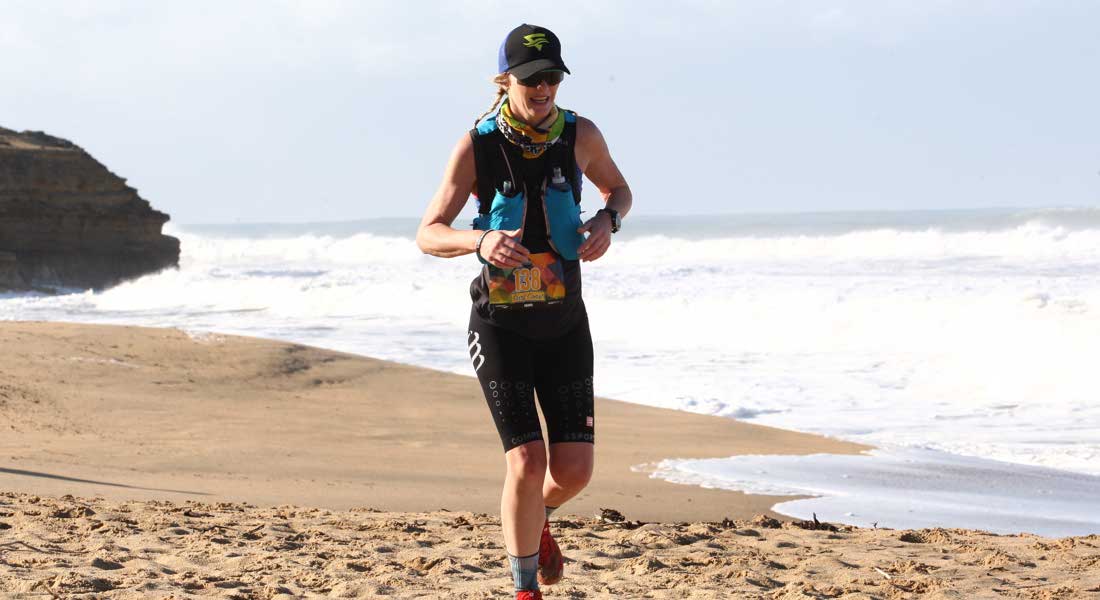
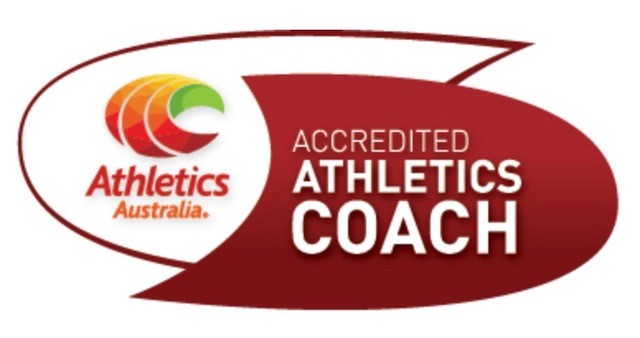


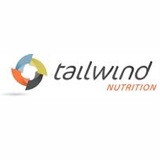


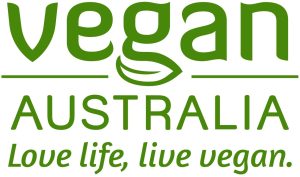
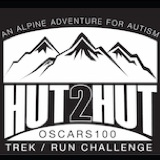

I’m 64 and training for my third IM which will be my 136th triathlon.
You young gals who talk about “you can start at any age” crack me up – like you are old or something.
I started tris at about 28 (running at 16) and I am still “at it” and loving every min. Season #37 coming up soon.